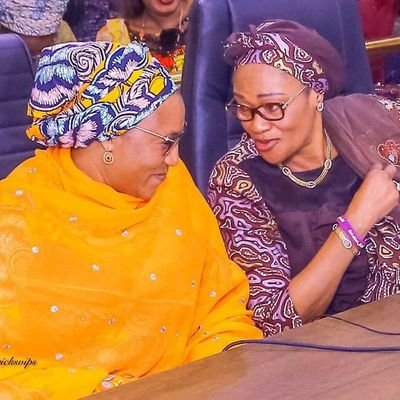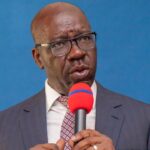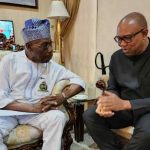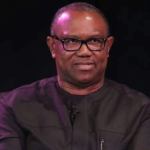The Labour Party has raised objection against the use of Nigeria Air Force (NAF) jet by the wives of the All Progressives Congress (APC) presidential candidate and the running mate, Mrs. Oluremi Tinubu and Hajiya Nana Shettima, respectively.
The two women had on Tuesday used the NAF jet to visit Benue State over the menance of flood in the state and to commensurate with the affected people of the state.
But the Labour Party in a statement on Wednesday frowned at the women’s use of the National Security aircraft attached to Presidential Air Fleet for personal assignments when they were not government officials or on a government sponsored trip.
The Peter Obi/Yusuff Datti presidential campaign office in it’s reaction to the trip described it as an act of impunity, trivialization of serious national security apparatus and a waste of national resources.
“What is disturbing is that both Tinubu and Shettima’s wives are campaigning with Presidential Air Fleet (PAF) aircraft under the Nigerian Air Force (NAF) pilots and crew.
“This is another waste of public funds for pursuit of partisan political interests and open exposure of our men and women in uniform to undue political influences.
“The Obi-Datti campaign organisation calls on President Muhammadu Buhari to stop the Presidential Air Fleet from using NAF operated aircraft for campaign activities.
“These NAF aircrafts are maintained with scarce resources and in this case, the federal government is using borrowed money to fund the campaign activities of the APC Presidential candidate.
“No aircraft in the inventory of NAF or any of the agencies of the Federal government should be involved in partisan political trips or activities.
This must stop. Henceforth, The Presidency, which controls the PAF office should live up to its responsibilities and ensure that these aircraft are used only for enhancing governance and not openly supporting a particular Presidential candidate and party,” the campaign team objected.







